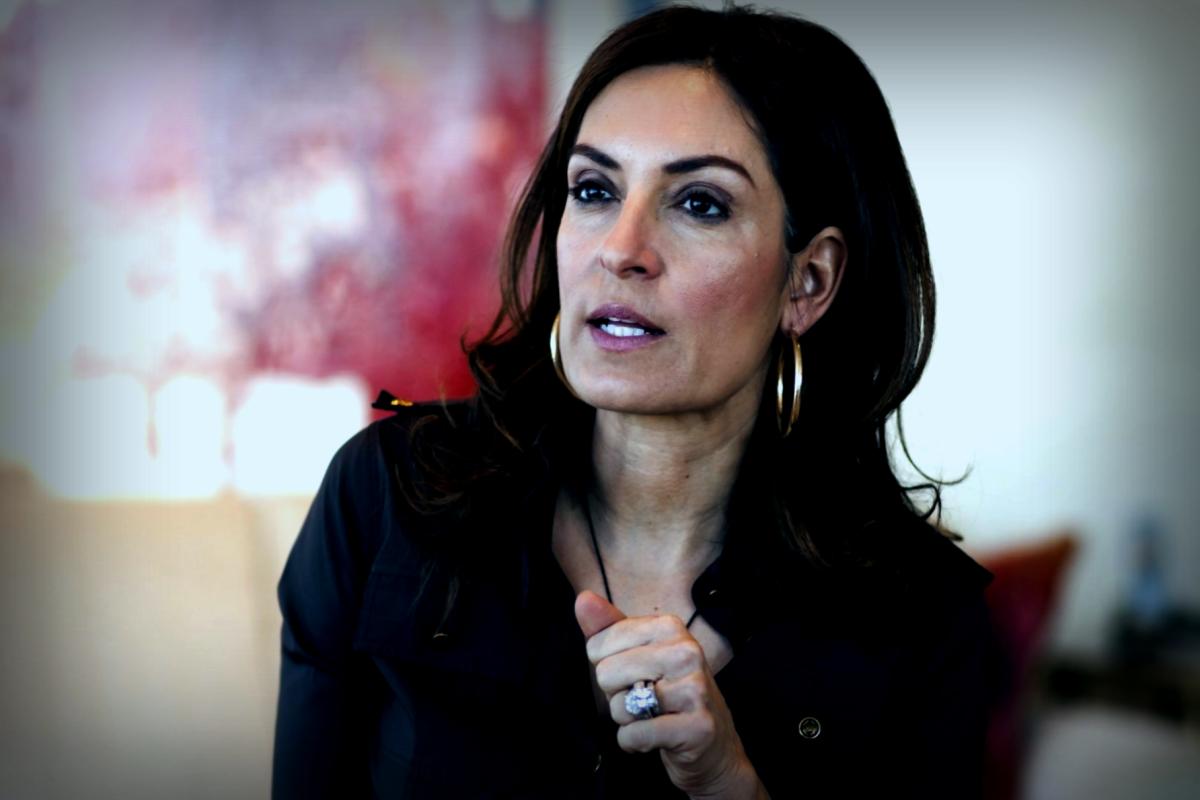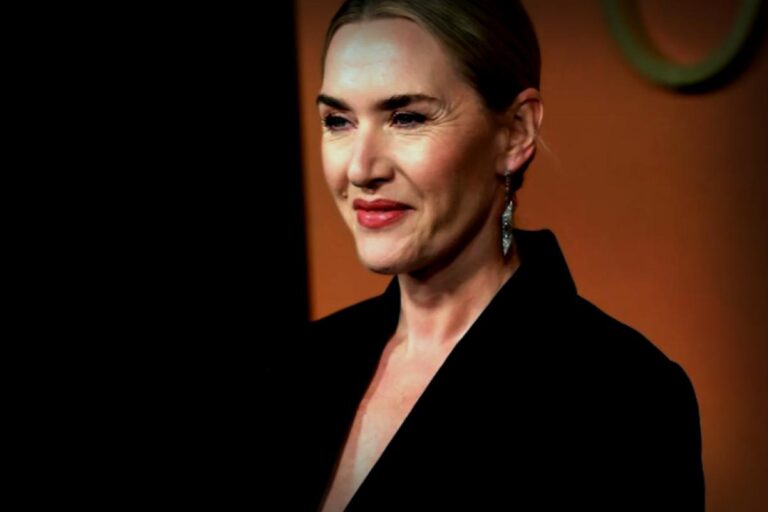There’s a growing divide between generations when it comes to workplace burnout, and it may boil down to expectation rather than effort, says business author and NYU professor Suzy Welch. At 66, Welch, who earned her MBA from Harvard as a Baker Scholar and spent seven years at Bain & Co. before becoming editor-in-chief at Harvard Business Review, weighs in on the matter.
During a chat on Masters of Scale podcast episode on July 24, she expressed that while younger employees are juggling demanding workloads similar to what older workers faced, they don’t share the same belief that hard work will bring new opportunities.
Welch’s realization came from a conversation with a 25-year-old freelancer seeking insight into the fatigue felt by her peers who were feeling worn out. Harkening back to her own experience of working “seven days a week” and loving it, she was confronted with the young worker’s stark reply: “But you had hope.”
Hope Crisis Among the Young, Supported by Research
Her comments resonate with various studies showing an alarming rise in workplace stress among younger generations, leading them to take time off due to physical and mental challenges. As per a 2024 Gallup poll, merely 31% of employees under 35 reported feeling they are “thriving,” while 22% noted feelings of loneliness.
“The gap between people is greater than ever,” mentioned Jim Harter, Gallup’s chief scientist for workplace and well-being, in an earlier Fortune discussion. This physical and emotional distancing has possibly intensified in younger workers due to evolving societal dynamics.
When it comes to burnout, millennials are facing particularly tough conditions, with about 66% of them indicating moderate to high burnout levels per a new Aflac report.
The same report suggested that millennials bear unique pressures since they operate in highly connected and competitive job markets coupled with constant performance expectations. Plus, they form a part of the “sandwich generation,” caring for their kids as well as their aging parents, leading over 60% to admit burnout worries, according to a Principal Financial report.
On top of it all, young people find themselves dealing with multiple worldwide crises: climate change, heightened political tensions, lingering effects of COVID-19, shaky economic forecasts, and conflicts like the Russia-Ukraine war. The cumulative psychological toll is evidently considerable: studies indicate that anxiety and depression rates are rising due to burdens linked to pandemic and climate issues. Notable research from Harvard suggests that 45% of young adults aged 18 to 25 feel their mental health takes a hit from a pervasive sense of disarray.
Many perceive a loss of power in facing these challenges—like combating climate change, navigating social challenges stemming from political instability, and simply, making sufficient income to afford a stable life—which significantly diminishes their trust in institutions. Unlike their parents who prospered thanks to existing societal structures, millennials and Gen Z view these systems as limiting and knack-dominated. This misunderstanding further correlates with a troubling fear: over 50% of the youth believe they’ll end up less affluent than their parents, worrying their prospects shrink according to Leger’s annual Youth Study.
Understanding the Economic Landscape
Today’s younger generations are up against obstacles that weren’t as prominent for their predecessors who hoped to achieve homeownership and financial stability through consistent jobs.
“Gen Z observes their folks working hard but still losing jobs, and it stings,” Welch explained on the podcast.
Student loans offer an extra crunch, with Gen Z dishing out an average of $526 monthly on repayments—almost double what older generations pay, according to data from Empower. Housing prices, too, have soared dramatically, complicating matters as rental costs have ballooned by 121% from 1960 to 2017, whereas median incomes creep only 29%. Presently, 87% of Gen Z and 62% of millennials struggle to find affordable homes.
This economic stress just doesn’t let up post-graduation either. Approximately 58% of last year’s grads are still hunting for full-time positions, in contrast to about 25% of older generations. Moreover, a mere 12% of Gen Z graduates land full-time jobs right away, compared to 40% in years past, and those who do score employment earn around $68,400 yearly while managing personal debts of nearly $94,000, as previously noted by Fortune.
The generational disparity holds major economic implications too, with workplace burnout exhausting businesses to the tune of approximately $322 billion each year due to unproductivity, as stated by Gallup. Healthcare expenditures surge between $125 million and $190 billion due to this crisis. As Gen Z ascends further into the global workforce, Welch’s perspective on hope becomes vital in addressing conventional responses to experiencing workplace stress.
Want to catch the entire episode of Masters of Scale featuring Welch? Dive in below:
For this story, Fortune utilized generative AI to create an initial draft, later reviewed by an editor to ensure accuracy.
This was originally published on Fortune.com



















